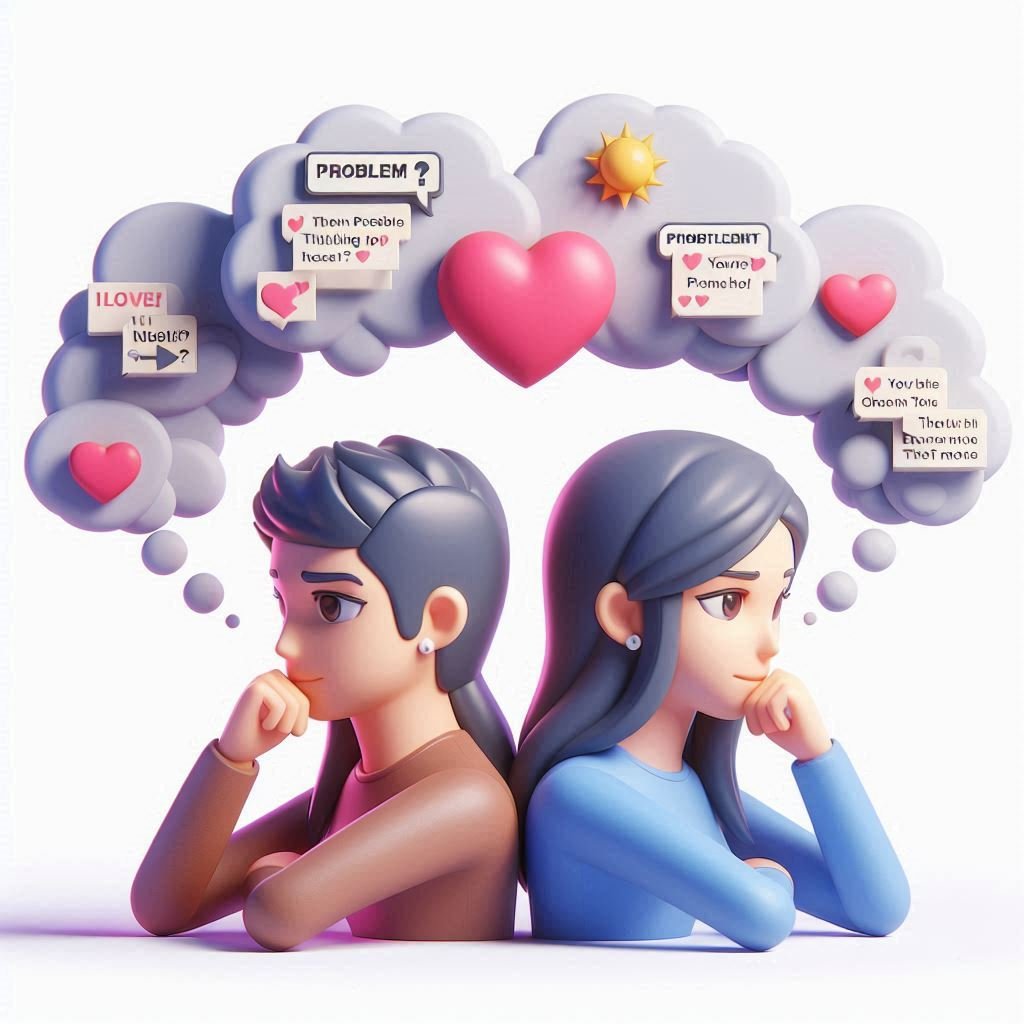Frequently Asked Questions – Wisher
Can men sync up to women’s period?
It’s a topic that often comes up in conversations: can men really “sync up” with a woman’s menstrual cycle? The idea sounds intriguing, but the science behind it is far from conclusive. While it’s true that some men might sense when their partner is on her period, the evidence supporting the notion of men syncing their own cycles to women’s is slim.

One fascinating aspect is how men might detect changes in a woman’s voice during her period. Research published in Ethology showed that men could identify women’s voices recorded during menstruation with some accuracy, noticing lower pitch and mood. This might explain why some men feel they can sense when their partner is on her period, though it doesn’t mean they’re syncing up in any biological sense.
When it comes to body odor, the evidence is even murkier. While some men claim they notice a change in scent during a woman’s period, scientific studies have yet to confirm this consistently. What’s more, the idea that men are wired to detect a woman’s menstrual phase due to evolutionary reasons remains mostly speculative. It’s an interesting theory but not one that’s backed by solid evidence.
The concept of menstrual synchrony—where women’s cycles supposedly align when they spend a lot of time together—is also highly debated. Some studies have suggested it happens, while others argue it’s just coincidence. Given the natural variability in menstrual cycles, many researchers now believe that any observed synchrony is likely due to chance rather than any real biological phenomenon.
In summary, while men might pick up on subtle changes in their partner’s voice or behavior during her period, the idea of syncing cycles or men being biologically in tune with a woman’s menstrual cycle lacks strong scientific support. It’s a compelling thought, but one that remains more myth than reality.
Can a woman’s period affect a man’s mood?
The idea that a woman’s period can impact her partner’s mood may seem surprising at first, but when you delve into the emotional dynamics of relationships, it makes perfect sense. Picture a scenario where a woman is experiencing the discomfort and emotional swings often associated with her menstrual cycle. As her partner, a man might start to feel these shifts on an emotional level, not because of any direct hormonal changes in himself, but due to the psychological and emotional connection they share. This phenomenon, known as emotional contagion, suggests that emotions can be shared between partners, leading to a mirrored mood.

Even though research shows that a woman’s period doesn’t directly influence male testosterone levels, the emotional impact is undeniable. When a woman is going through hormonal fluctuations, such as elevated estradiol levels, she may view her partner more critically or feel less affectionate. This shift can cause her partner to feel less desired, potentially leading to a decrease in his psychological well-being. It’s a subtle dance of emotions where both partners are deeply affected by the other’s state of mind.
These emotional exchanges can also influence relationship dynamics, especially in intimate areas. For instance, on days when a woman’s estradiol levels are high, her partner might sense a drop in her sexual interest, leading to feelings of rejection or insecurity. These feelings can create a cycle where both partners experience mood fluctuations, further complicating their emotional landscape. The psychological responses to a partner’s discomfort or emotional state can also contribute to these mood changes, as empathy and concern take their toll.
In essence, while men and women may not sync up hormonally, the emotional interplay between them during a woman’s period can significantly affect a man’s mood. Understanding these dynamics can help couples navigate the ups and downs with greater compassion and awareness, ensuring that they support each other through the emotional tides of the menstrual cycle.
Can your period affect your relationship?
A woman’s menstrual cycle can deeply impact her relationship, often in ways that are influenced by the subtle, yet powerful, effects of hormonal fluctuations. These changes don’t just affect her but can also ripple through the relationship, influencing how both partners perceive and interact with each other.

One of the most significant effects of these hormonal shifts is on emotional and physical attraction. When a woman’s estradiol levels are high, particularly around ovulation, she might find herself feeling less physically attracted to her partner. This change can be confusing and might lead to feelings of dissatisfaction within the relationship. Men, sensing this shift, might interpret it as a lack of interest, which can reduce their own desire and lead to feelings of insecurity or lowered self-esteem. This emotional distancing can strain the relationship, especially if the underlying reasons aren’t openly discussed.
Taking care of your teeth shouldn’t feel like a gamble, especially if you deal with sensitivity. Imagine brushing without that sharp, unexpected pain—sounds like a relief, right? If you’re wondering how to get there, you might want to take a look at this. Click here to see how it works.
The emotional toll of premenstrual syndrome (PMS) adds another layer of complexity. Symptoms like irritability, anxiety, and mood swings can make communication more challenging, sometimes leading to misunderstandings or conflicts. When these emotional shifts aren’t acknowledged or understood by both partners, it can create a barrier to connection, leaving both feeling frustrated or isolated. This is particularly true if the couple isn’t used to discussing such personal and sensitive topics.

Sexual dynamics also play a crucial role in how a woman’s cycle affects her relationship. During ovulation, some women may feel more drawn to men who display traits associated with genetic fitness, which can momentarily shift their feelings of attraction away from their long-term partner. This instinctual response, though natural, can cause feelings of jealousy or insecurity in men, complicating the relationship further.
To navigate these challenges, communication is key. Partners who are open and supportive, who discuss their feelings and frustrations without judgment, can better manage the ups and downs that come with hormonal changes. By being attuned to each other’s emotional needs and maintaining open lines of communication, couples can strengthen their relationship, even in the face of the challenges posed by a woman’s menstrual cycle. Understanding and empathy go a long way in ensuring that these natural fluctuations do not become sources of conflict but rather opportunities for deeper connection.



